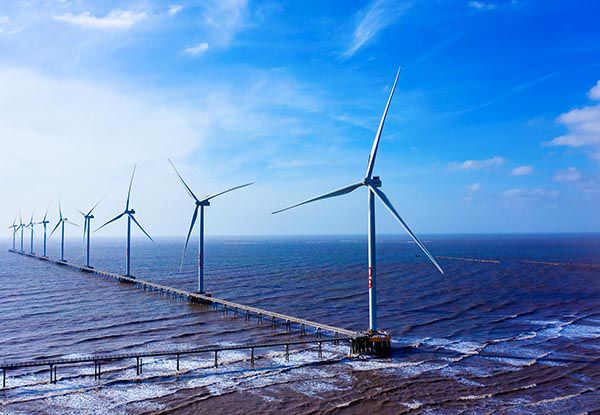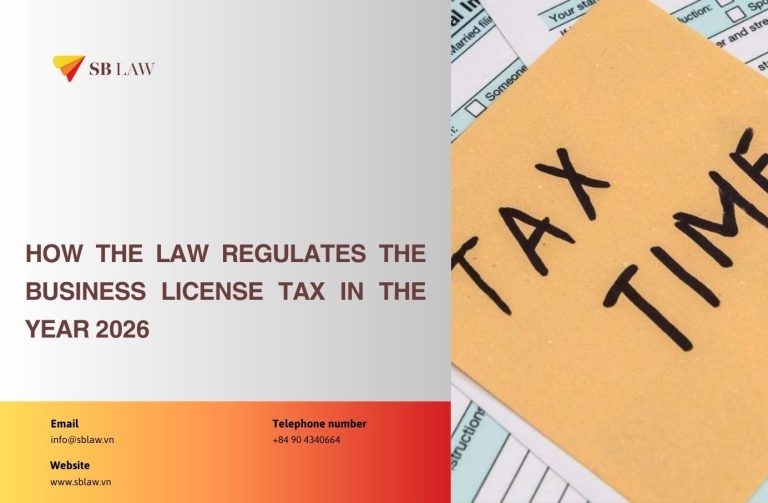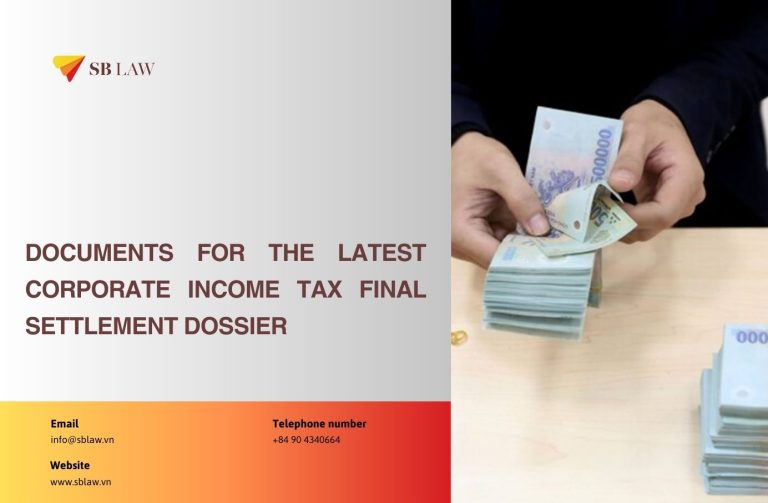Hanoi, Vietnam - In a significant move towards sustainable energy, the Prime Minister of Vietnam issued Decision No. QD-TTg on May 15, 2023, approving the National Electricity Development Planning for the period 2021-2030 and the vision for 2050, also known as "the VIII Electricity Planning." This landmark decision underscores the commitment to increase the share of renewable energy sources in the nation's power generation.
Overcoming Challenges for Offshore Wind Power Development in Vietnam
According to the VIII Electricity Planning, the development of electricity sources from renewable energy, including wind power, solar power, and biomass power, has been identified as a key solution to boost the percentage of renewable energy in the country's energy mix. A notable aspect of this plan is the government's determination to fully harness offshore wind power potential, estimated at around 600,000 MW, by the year 2030.
Despite the ambitious goals set forth in the planning, there are challenges that Vietnam must address to ensure the successful implementation of offshore wind power projects. One of the key challenges revolves around the legal framework for assigning sea areas to non-state-owned organizations and foreign entities.
While the government issued Decree No. 11/2021/ND-CP on February 1, 2021, outlining the assignment of certain sea areas for the exploitation of marine resources, practical implementation has faced hurdles. The decree, which lacks clarity on assigning sea areas to non-state-owned organizations, especially foreign entities, poses challenges to competent authorities seeking a firm legal basis.

Moreover, Clause 5.4.d of Decree No.11/2021/ND-CP designates the Ministry of Natural Resources and Environment to collect comments from various ministries and People's Committees of concerned provinces before determining the location, boundary, and size of the assigned sea area. However, the concerned ministries face challenges in determining legal frameworks for crucial issues such as approving assignments overlapping with national defense and security-related activities, resolving conflicts between multiple parties proposing simultaneous survey activities, and establishing the total permitted time for survey activities.
In addition to these challenges, there is a lack of clear provisions on the maximum productivity of wind power projects. To unlock the full potential, clear guidelines are essential, offering opportunities for investors to spearhead projects that effectively balance national electricity transmission lines.
In an encouraging development, the Government announced plans in January 2024 to establish a dedicated committee. This committee, comprising representatives from the Ministry of Natural Resources and Environment, Ministry of National Defense, Ministry of National Securities, Ministry of Planning and Investment, Ministry of Agricultural and Rural Area Development, and Ministry of Traffic and Transportation, will be directly responsible for resolving the aforementioned challenges. This initiative reflects a proactive step tow
Read more >> Projects and energy




